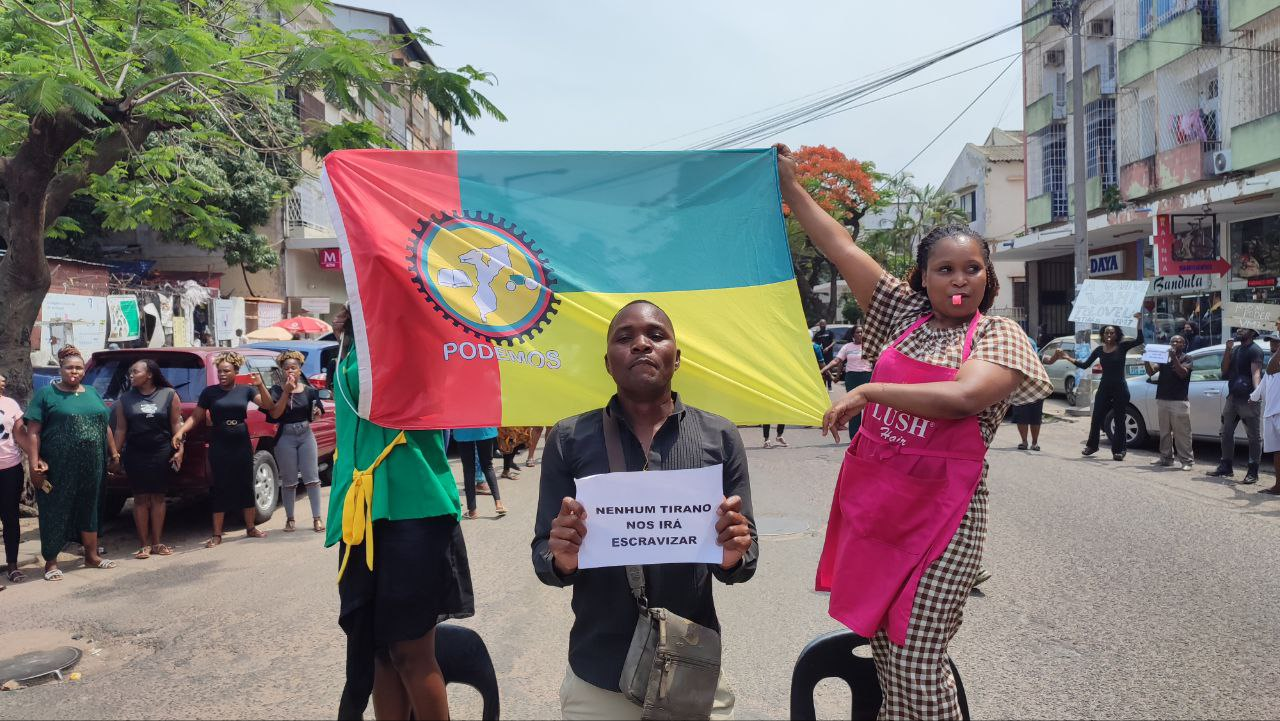Hello, and welcome to the return of Zitamar's free newsletter looking back at the week that was, and ahead at the week to come.
We've had a week to digest perhaps the biggest news since Zitamar launched in 2015: Daniel Chapo will be Frelimo's candidate for October's presidential election, and therefore the most likely person to be Mozambique's next president.
The coming week, however, should provide clarity over who will be his main challenger, when Renamo’s Congress convenes in Alto Molocue.
Those who had never heard of Daniel Chapo before last week may never have heard of Alto Molocue either. A small town in inland Zambézia, not far from the border with Nampula province, is more accessible than the clearing in the Gorongosa mountain range where Renamo set up its tents five years ago, but is nevertheless not the easiest place for party activists to descend on at three days’ notice. It is also, importantly, not Quelimane - the only major city run by a Renamo mayor, but one who might pose a challenge to Momade's leadership.
Like his counterpart Filipe Nyusi in Frelimo, Renamo president Ossufo Momade is using the element of surprise to tilt the playing field in his favour. Nyusi never let on who would be on the short list to succeed him until the very last minute, to avoid any chance for proper scrutiny of the candidates; Momade has left the venue for the Congress until the last minute, presumably to minimise the chance of undesirables showing up.
But he won't stop Venancio Mondlane from attending, even if he succeeds in barring the younger man from competing to take over as party president. Mondlane has been duly elected as a delegate to Congress, where he plans to challenge the rules put in place by Renamo’s National Council which would make him ineligible to run for the party's leadership.
Mondlane is not the only (relatively) young pretender, however. Ivone Soares, niece of Afonso Dhlakama who led the party from 1979 to 2018, has also thrown her hat into the ring. If either she (45) or Mondlane (50), or perhaps the Quelimane mayor Manuel de Araújo, manages to become Renamo’s candidate at October's elections, Frelimo might start getting nervous. That must have been one of the considerations that led them to ultimately plump for the 47-year-old Daniel Chapo. As we noted last week in one of our Daily Briefings:
"Chapo might look like more of a change candidate than the lacklustre 63-year-old Momade"
Renamo’s Congress starts on Wednesday, but things are hotting up in Zambezia since Venancio Mondlane’s arrival in Quelimane yesterday. The Renamo leadership contest is the topic of the leader article in today’s Daily Briefing: look for more insights there.
The other main news of the last week comes, as usual, from Cabo Delgado — where insurgents staged a major attack on the town of Macomia. It is a stark reminder that Mozambique and its allies are no closer to eradicating the terrorist menace in Cabo Delgado than they have been at any point since the conflict began in 2017 — and with the roster of allies in flux, with the departure of the regional Samim force.
Look out for a detailed report from Zitamar today on the attack on Macomia, and the fortnightly update on the conflict from Cabo Ligado, later in the week.
Below are excerpts from last week’s Leader articles, sent every day to subscribers on both the Zitamar Pro and Zitamar News tiers — starting at just $12 per month. Our subscribers are as indispensable to us as our news and analysis are to them. If you don’t yet subscribe, please consider becoming one of our supporters and receiving the most credible insights on Mozambique, every day.
Week in Review
Monday
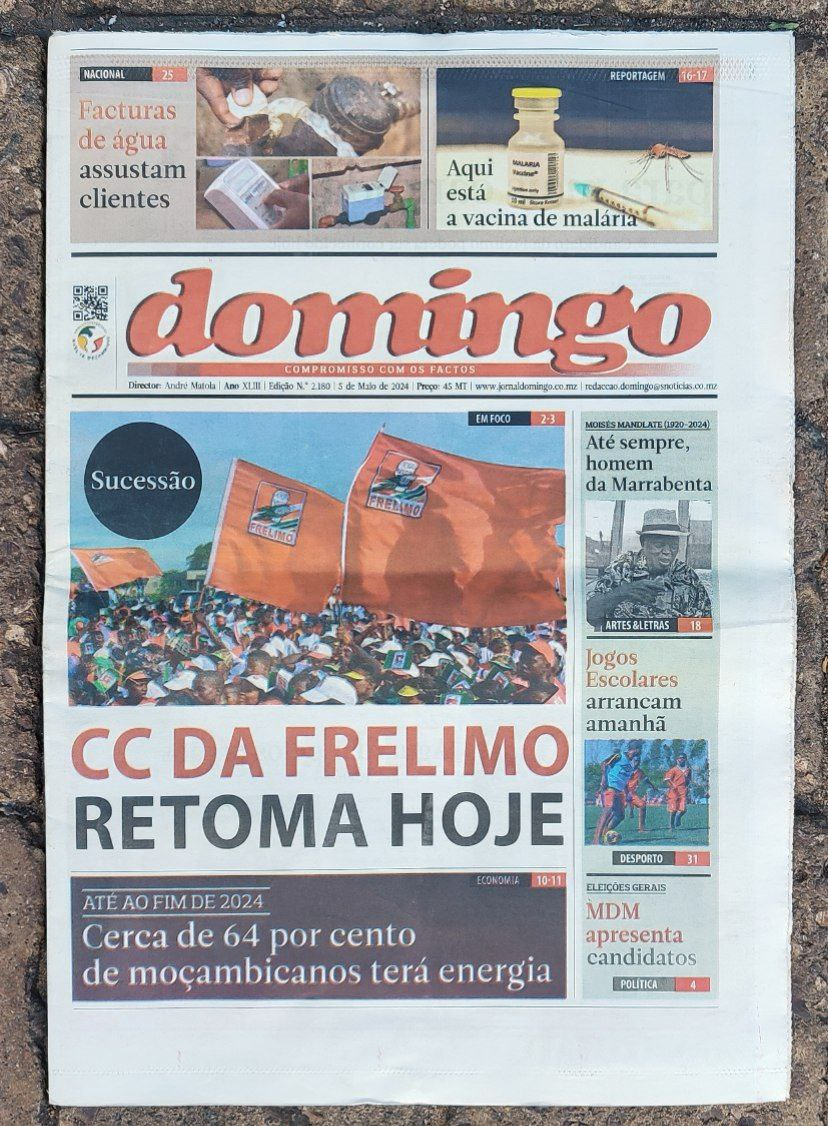
Nyusi has emerged as a winner, of sorts, while the obvious losers are Roque] Silva, [Jose] Pacheco and [Basilio] Monteiro. There is nothing they can realistically do to challenge the result, but resentment may remain, and they may become a centre of attention for opponents of the leadership. As we have noted before, Frelimo’s leadership elections are about who gets to control economic patronage, to give out lucrative jobs, contracts and other perks. It is not just those three men who have lost out, but their supporters who had been hoping to share in the riches. Allowing for Frelimo’s authoritarian, top-down nature, it may nevertheless take some time for Chapo to fully build support within the party.
Tuesday
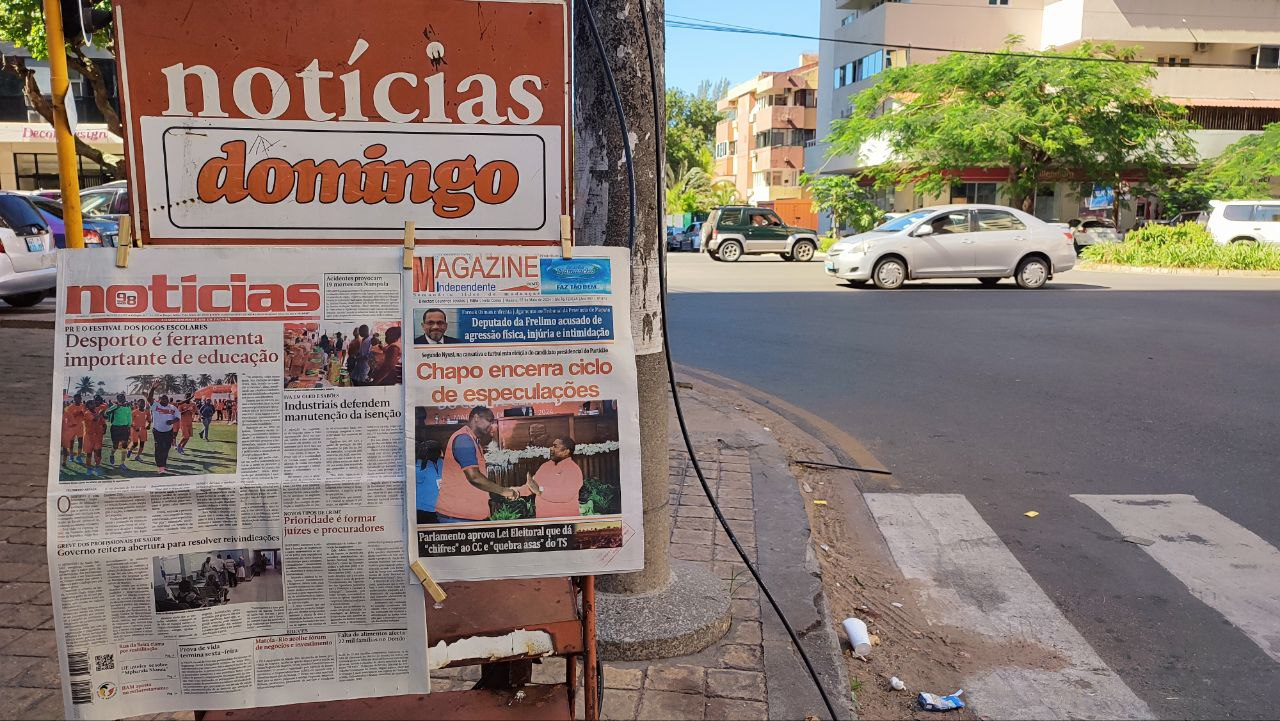
As usual given the near-total lack of information provided by the Mozambican government, this counter-insurgency operation raises more questions than answers. Up to now, Rwandan forces have been based in the districts of Mocimboa da Praia, Palma and Ancuabe, giving the impression that they were in Cabo Delgado to protect mining and gas companies more than locals (although they have been sent by the Mozambican government on operations in other districts). Clearly, they have been sent south to deal with the insurgent threat there. It is an obvious move, given their success against the insurgents in the past, but does it mark a change in territorial responsibilities? Why do the Mozambican armed forces seem to have been more effective fighting in Nampula than they have ever been in Cabo Delgado, where more often than not they have fled in the sight of insurgents? And above all, given that civilian observers were able to track the insurgents’ movements south from Quissanga to Chiúre districts and then into Nampula, why did the security forces not stop them before they attacked the villages?
Wednesday
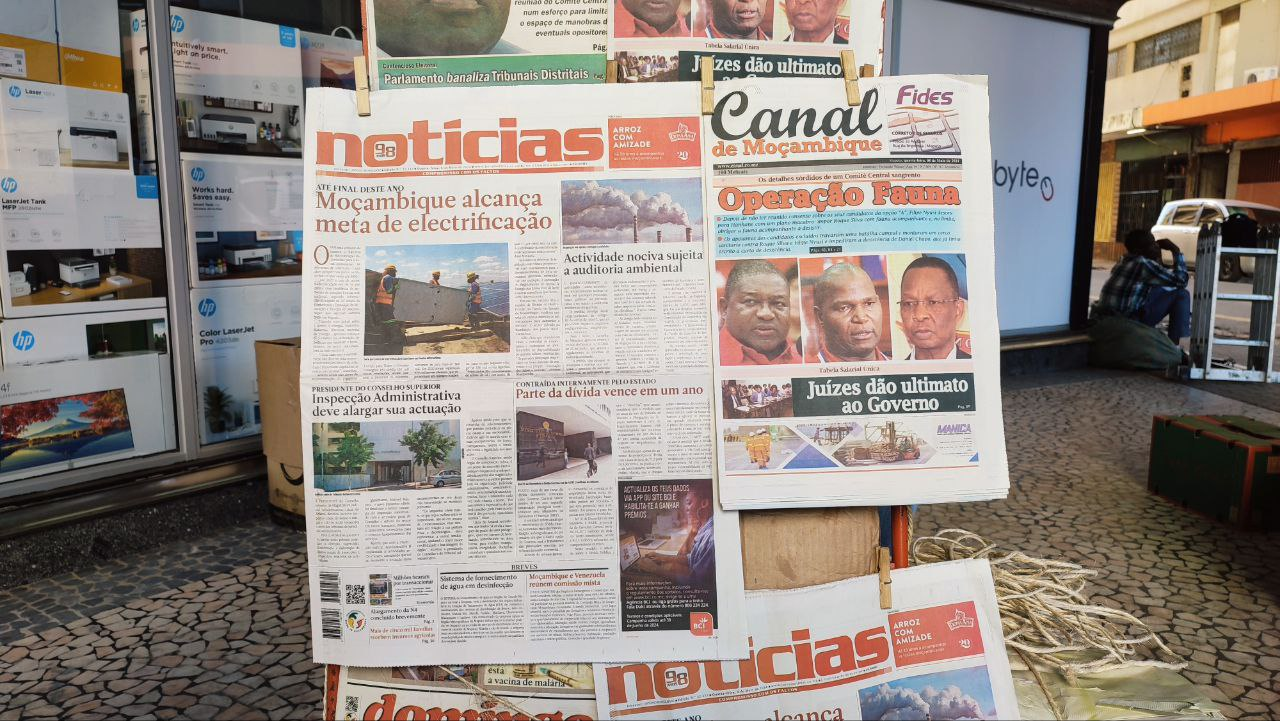
Up to now, Momade has been seeking to avoid having his position contested in the run-up to October’s presidential election, where, if nothing changes, he is most likely to be the Renamo candidate. Then Venâncio Mondlane announced that he wanted to challenge Momade for the leadership and used a legal challenge to force Renamo to hold a congress and a leadership election. Momade also faces a serious threat from Ivone Soares, the former head of Renamo's parliamentary group. Unlike Mondlane, Soares meets the criteria for running and has been a Renamo activist since childhood. Her credentials on paper are strong, and she cannot be accused of being a troublemaker like Mondlane with his legal challenges can. Although she is on good terms with Momade, Soares is understood to be serious about challenging him. Other potential leadership candidates are standing or rumoured to be standing, but are unlikely to get elected.
Thursday
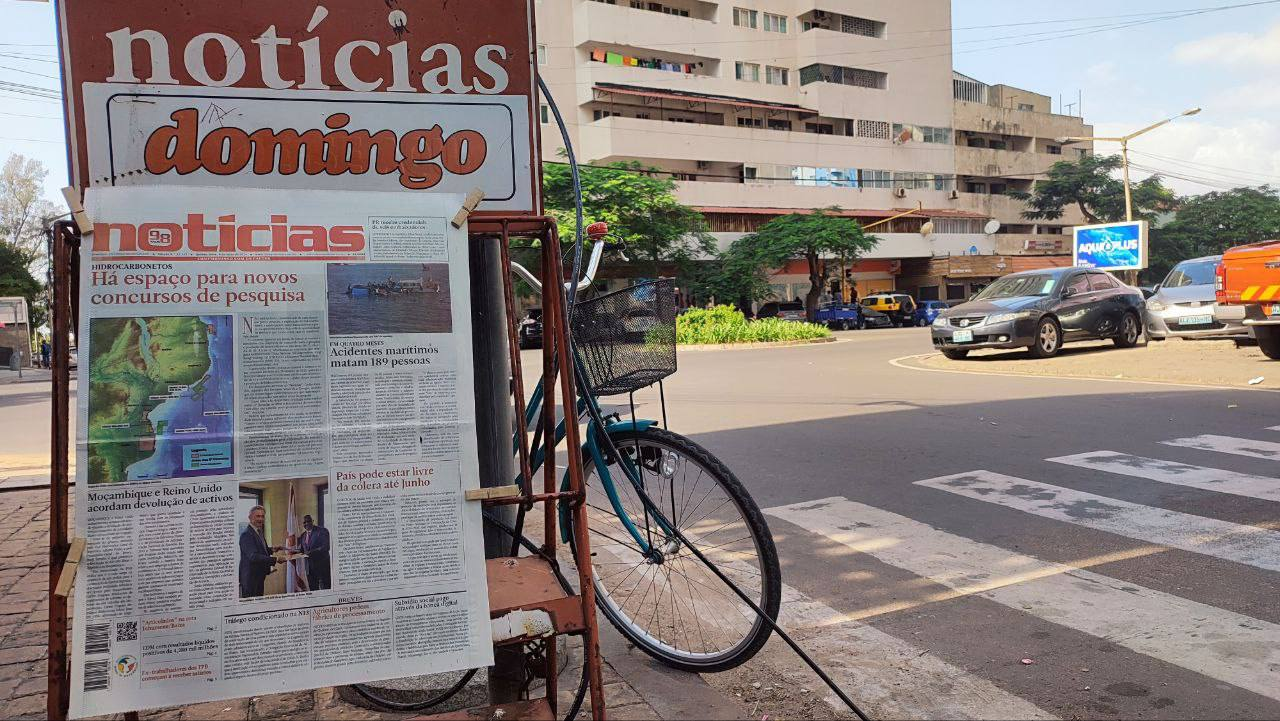
As previously noted, the tariff changes hit the poorest particularly hard, since they tend to use pay-as-you-go phones which they have to top up frequently with credit. It is extraordinary that a country as poor as Mozambique is allowing such an economically regressive measure to be imposed. As with airline LAM, the government is clinging on to a loss-making company whose continued existence, at least in its current form, is hard to justify. Tmcel’s competitors can do its job for less money, with the obvious social and economic benefits that brings. The affordability of an essential service matters more than the protection of a white elephant.
Friday
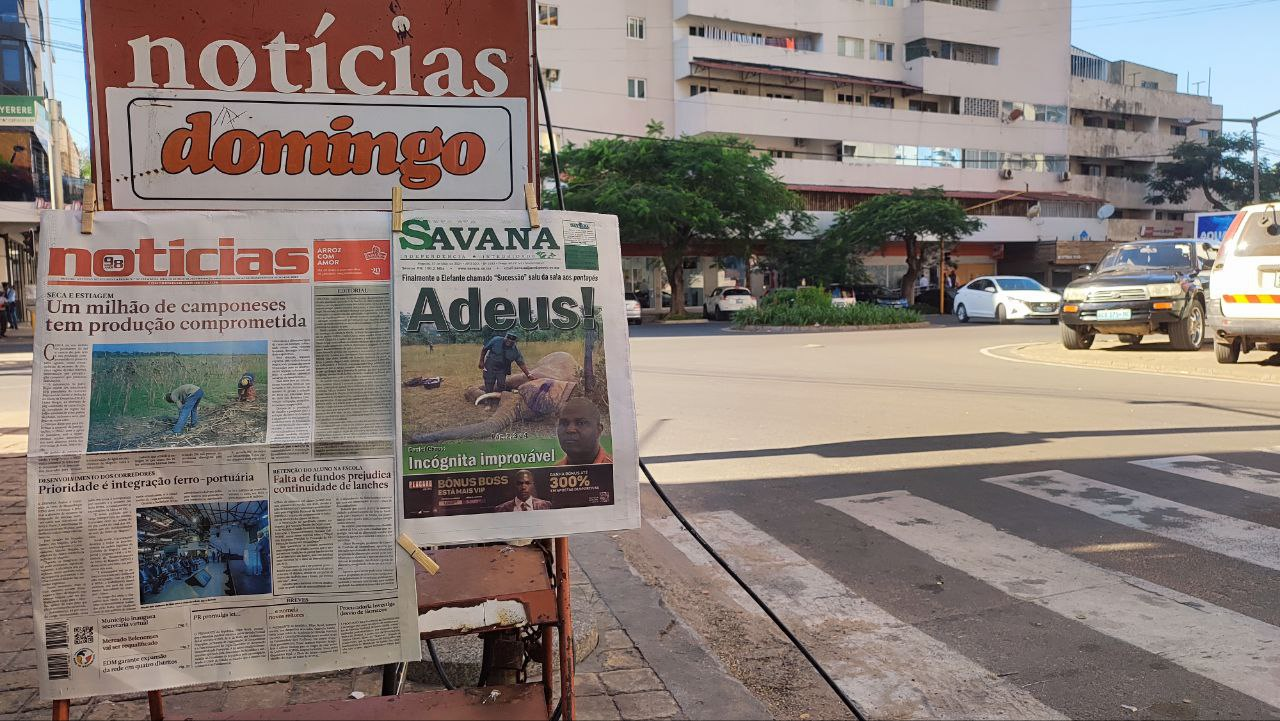
Macomia seems to have been under-defended. South African troops have been stationed nearby, but they were in the process of withdrawing along with the rest of the regional military force sent by the Southern African Development Community (SADC), something the insurgents will not have failed to notice. Only a skeleton force was left, leaving Mozambican troops, with an inferior track record of fighting insurgents, on their own. It also needs to be asked how such a large force of insurgents was allowed to gather close to a district capital in the first place. Proper patrolling and the use of intelligence should have prevented that. A source has told Zitamar News that there was intelligence on a possible attack, but it was not taken seriously.





